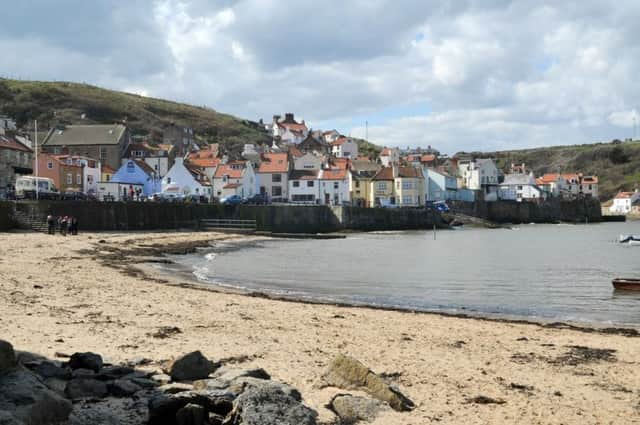Beaches face tough new EU standards


Last year, 99.5 per cent of swimming spots met the basic standards for clean bathing water, but one in 20 were on course to fail the tougher new EU standards, which come into force for the first time this summer.
The Environment Agency said the new tests would be twice as tough to pass as the EU tries to drive up standards, and appealed to water companies, businesses, farmers, local authorities and households to help reduce pollution and improve water quality.
Advertisement
Hide AdAdvertisement
Hide AdThe tough new sanctions have already prompted some action. At the end of last year Scarborough Council agreed to begin moves to de-classify the beach at Staithes, which has consistently failed to meet standards, amid fears it will not meet the new EU standards and will again hit the headlines over water quality.
Low numbers of bathers and a lack of facilities were among the reasons as grounds to ask the Government to “de-designate” the beach.
The agency is beginning its annual summer testing regime at more than 400 beaches and lakes until September, with the results made available to beach-goers in almost real-time on the agency’s new “bathing water explorer” website.
It gives reports on some of Yorkshire’s beaches including Scarborough’s North Bay, which the latest available figures describe as being “projected excellent” and Filey described as “projected good.”
Advertisement
Hide AdAdvertisement
Hide AdThe Environment Agency said that major improvements to water quality had already been made, with water companies spending £2 billion since 1990 and pledging to spend a further £350m over the next five years to help improve bathing waters.
By working with water companies, farmers and local communities, the agency pledges to improve more than 3,700 miles of rivers and 50 bathing waters by 2020.
Dirty bathing water can be due to agricultural run-off, sewage overflows, animal and bird faeces on beaches and households and businesses with badly connected drains, with the weather the main short-term influence on water quality as heavy rain can wash pollution into the sea.
Ed Mitchell, executive director of environment and business at the Environment Agency, said: “Water quality at English beaches is better than it’s ever been after it reached record levels last year, and we are working hard with others to improve it further still.”
Bathing water quality can be checked at the website: http://environment.data.gov.uk/bwq/profiles